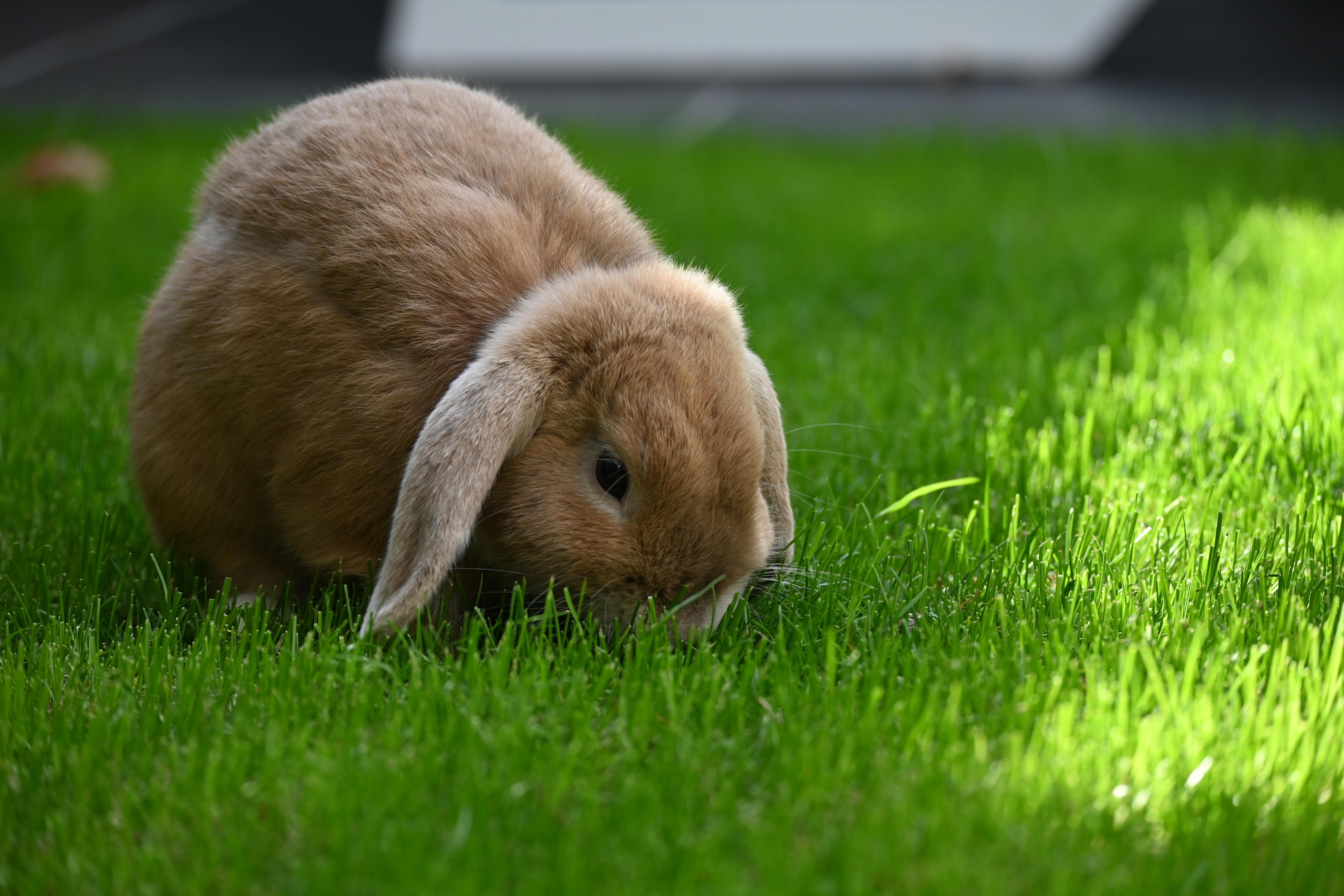Rabbits can make wonderful pets, but like any animals, they are susceptible to health problems. One common issue that pet rabbit owners may encounter is a urinary tract infection (UTI). UTIs can be painful for your furry friend and can lead to serious complications if left untreated. If you suspect that your pet rabbit has a UTI, it’s important to act quickly to get them the care they need. In this comprehensive guide, we’ll go over everything you need to know about diagnosing and treating a urinary tract infection in your pet rabbit. So, let’s dive in and learn how to keep your furry friend healthy and happy.
Urinary tract infections (UTIs) are a common problem in pet rabbits, which can lead to serious health complications if left untreated. As a responsible pet owner, it is essential to recognize the signs and symptoms of a UTI in your rabbit and seek veterinary care promptly.
Symptoms of a UTI in rabbits may include:
– Straining to urinate or defecate
– Frequent urination
– Blood in urine
– Foul-smelling urine
– Loss of appetite
– Lethargy
– Hunched posture
– Inability to groom themselves
If you notice any of these symptoms, it is essential to take your rabbit to a veterinarian as soon as possible.
Diagnosing a UTI in rabbits can be challenging, as the symptoms can be similar to other health conditions. Your veterinarian may perform a physical examination and take a urine sample for analysis. The urine sample may be sent to a laboratory for a culture and sensitivity test to identify the bacteria causing the infection.

Treatment of UTIs in rabbits typically involves antibiotics prescribed by a veterinarian. The duration of treatment may vary depending on the severity of the infection and the response to medication. It is essential to follow the veterinarian’s instructions carefully and complete the full course of antibiotics, even if your rabbit appears to be feeling better.
In addition to antibiotics, your veterinarian may recommend supportive care, such as fluid therapy or pain medication, to manage symptoms and help your rabbit recover.
Preventing UTIs in rabbits involves several measures, including:
– Providing fresh, clean water at all times
– Feeding a diet high in fiber to promote regular bowel movements
– Providing a clean and spacious living environment
– Encouraging exercise and activity
– Maintaining good hygiene, such as cleaning litter boxes regularly
Overall, UTIs are a common problem in pet rabbits that require prompt veterinary care. Recognizing the symptoms and seeking treatment early can help prevent serious health complications. With proper care and management, you can help your rabbit maintain good urinary tract health and overall well-being.
In conclusion, urinary tract infections are a serious issue for pet rabbits and can lead to severe health complications if left untreated. As a responsible pet owner, it is important to pay close attention to your rabbit’s behavior and seek veterinary care immediately if you suspect a UTI. By following the tips outlined in this guide, you can help prevent UTIs in your rabbit and ensure they receive the proper treatment if they do occur. Remember, a happy and healthy rabbit is a joy to have as a pet, so don’t hesitate to take action if you notice any signs of illness.



.jpg)




.jpg)